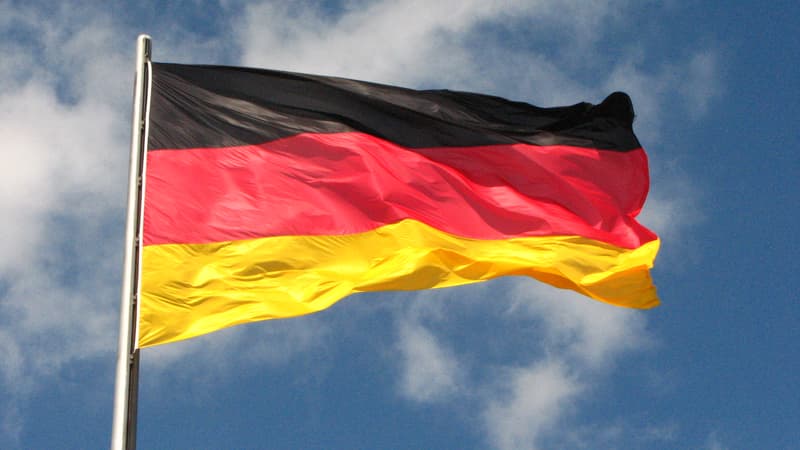Germany is not doing enough to decarbonise its transport sector and reduce pollution from road traffic, criticized the OECD in a report published on Monday. “The decarbonisation of the German transport sector is not on the right track”, writes the Organization for Economic Cooperation and Development (OECD) in this report dedicated to the climate policy of the first European economy.
The transport sector is traditionally the black point of the balance of CO2 emissions in Germany. As in the previous year, in 2022 it did not meet the government targets for reducing greenhouse gas emissions, registering a slight increase of 0.7%, according to official figures. “Efforts to reduce emissions are hampered by the increase in the number of private cars and the growth of heavy truck traffic,” says the OECD.
The OECD laments missed opportunities for reform, whether it be imposing speed limits on motorways, highways or urban tolls, raising parking prices. Transport policy is one bone of contention within Olaf Scholz’s coalition between the Liberal Party’s transport minister and environment ministers who accuse him of not doing enough against car pollution.
Excessive space given to the car.
While electromobility will play a decisive role in decarbonizing transport, “Germany should not, however, aspire to replace all gasoline or diesel vehicles with an electric car,” warns the OECD. The country is called to “take bold steps to move from isolated measures, mainly aimed at putting cleaner cars on the road, to an integrated mobility strategy.”
The disproportionate place given to the car “is reflected in the tax system,” adds the OECD, noting that in Germany, “the collection of transport-related taxes is well below the OECD average.” Thus, Germany “is one of the few countries that does not charge a tax when buying or registering a vehicle.” Company cars, which account for more than 60% of new cars, continue to be subject to a low fixed rate (1%), leading to estimated tax revenue losses of €3.1 billion for 2018. Commuting employees to work by car also benefit from an advantageous flat-rate allowance.
Environmentally harmful subsidies have increased over the past decade, according to the OECD, and were estimated at €65 billion in 2018, up from €48 billion in 2008.
Source: BFM TV


